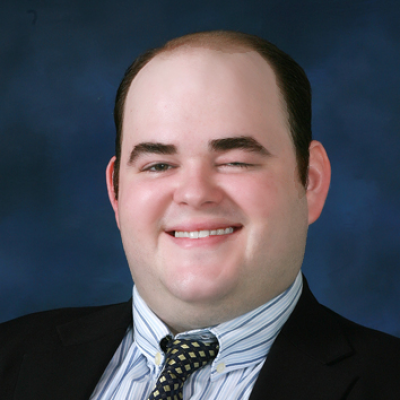Victor Reeser
St. Mary's - China
Victor Reeser has been working in education in Asia for over ten years. He worked at Hanyang University in Korea before transitioning to his current position as the dean of student affairs for the St. Mary’s-China school system. Additionally, he is the program coordinator of St. Mary’s International Education Center where he develops and manages after school programs focused on grade improvement and ESL. He has an M.Ed. in TESOL from Framingham State University (Framingham, USA). His research interests include multimedia teaching practices, effective vocabulary study methods, and corrective feedback practices.

Sessions
Online Classes: Surviving and Thriving in 2021
Due to the coronavirus pandemic, online teaching has moved from a position of tenuous acceptance and application into standard practice across the world. From parents to students to educators, everyone has undoubtedly struggled with this shift. In this panel, members of the Multimedia and CALL Special Interest Group (MCALL-SIG) as well as two invited speakers will review positive and negative experiences with online teaching; discuss the challenges of converting standardized offline classes to online classes; explore strategies to adapt offline teaching practices to online classes; and share insights into what it takes to succeed in education today. The panel will also be prepared to engage with audience members on specific questions related to online education, using technology in their classes, and solutions and resources to assist educators with tech-related issues in their respective classrooms. Attendees will leave with a renewed perspective on online teaching as well as practical solutions to the challenges of teaching offline courses in an online setting.
Innovative Assessment Practices
While there are more online and digital teaching resources available to educators today than ever before, fossilized teaching practices and institutional restrictions often lead to oversimplification of assessment practices to the detriment of our students. This workshop will discuss traditional assessment practices, including their purpose and metrics, and explore research-backed methods of evolving assessment to meet the needs of today’s English-language learners (ELLs). By establishing standards-based assessments and utilizing tools such as skill inventories, reporting forms, and comments, educators can accurately measure student progress and adapt their lessons to meet individual needs. The efficacy of practices such as accepting late work and allowing students to resubmit work will also be discussed. Attendees can expect an engaging and thoughtful discussion on the topic and should be prepared to participate.